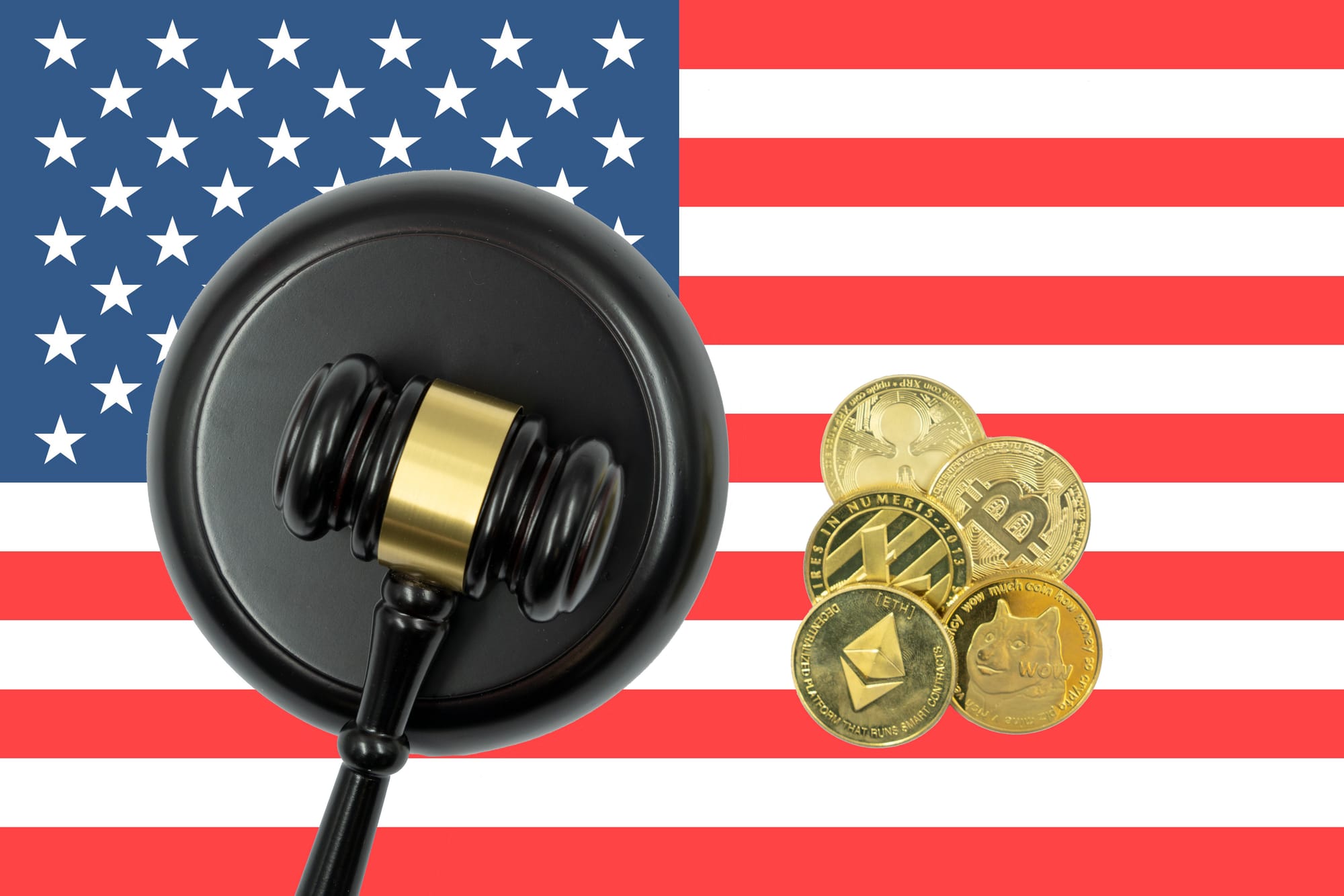House Passes FIT21 - Crypto on the Cusp of Legitimacy

At IronWeave, we understand that traditional finance companies require being in compliance with financial or data privacy regulations. That’s why we’re eagerly watching what congress does with respect to establishing regulatory frameworks for blockchain and cryptocurrencies.
On May 22, 2024, the U.S. House of Representatives made a historic stride by passing H.R. 4763, the "Financial Innovation and Technology for the 21st Century Act" (FIT21). This landmark legislation represents a significant bipartisan effort to provide the regulatory clarity and consumer protections needed for the digital asset ecosystem to flourish in the United States.
And, in a major shift, President Biden said he would support this bill. We’ll now have to see what version, and even if, the Senate will pass similar legislation.
Key Provisions of FIT21
FIT21 is designed to establish clear and functional federal requirements for digital asset markets that ensure robust consumer protections and foster innovation. Here’s how the bill will achieve this:
- Clarifying Jurisdictions: FIT21 provides the Commodity Futures Trading Commission (CFTC) with new jurisdiction over digital commodities and defines the Securities and Exchange Commission’s (SEC) role in overseeing digital assets offered as part of an investment contract. This division is crucial for regulatory clarity, which has been a significant concern for market participants.
- Strengthening Transparency and Accountability: The bill mandates digital asset developers to provide detailed disclosures about their projects, covering aspects like operation, ownership, and structure. This is aimed at protecting consumers by ensuring they have access to relevant information before engaging with digital assets.
- Enhancing Consumer Protections: Digital asset exchanges, brokers, and dealers are required to segregate customer funds from their own and adhere to stringent disclosure and operational requirements. These measures are designed to reduce conflicts of interest and safeguard consumer investments.
- Facilitating Innovation and Market Stability: FIT21 establishes a process for the secondary market trading of digital commodities initially offered as part of an investment contract. This provision aims to provide a clear pathway for developers to raise funds while ensuring market stability and investor protection.

Areas Needing Further Clarity and Improvement
While FIT21 marks a significant advancement in digital asset regulation, there are several areas where further clarity and improvements are needed to create a truly cryptocurrency-friendly regulatory framework:
- Interagency Coordination: The delineation of responsibilities between the SEC and CFTC is a positive step, but effective coordination between these agencies is crucial. Clear guidelines on how these bodies will collaborate and resolve jurisdictional overlaps are necessary to prevent regulatory arbitrage and ensure consistent enforcement.
- Technological Neutrality: The regulatory framework should remain flexible to accommodate future technological advancements in the digital asset space. Provisions that allow for adaptive regulations can help avoid stifling innovation due to outdated rules.
- Global Alignment: Given the global nature of digital assets, FIT21 should consider aligning U.S. regulations with international standards. Harmonization can facilitate cross-border transactions and prevent the fragmentation of regulatory approaches, which could hinder global market growth.
- Public-Private Collaboration: Engaging with industry stakeholders is essential to understand the practical implications of regulatory requirements. Continuous dialogue between regulators and the digital asset community can help refine regulations to be both effective and practical. Consulting with organizations that establish industry standards (e.g. IEEE) will be crucial.
- Consumer Education: Beyond regulatory measures, educating consumers about the risks and benefits of digital assets is vital. FIT21 could include provisions to promote financial literacy initiatives that help consumers make informed decisions.
Next Steps
The passage of FIT21 by the House is a monumental step toward establishing a comprehensive regulatory framework for digital assets in the United States. By addressing the need for clarity, consumer protection, and innovation, the bill sets the stage for the U.S. to lead in the future of finance. However, for FIT21 to fully realize its potential, further efforts are needed to refine the framework and ensure it adapts to the rapidly evolving digital asset landscape.
As the bill moves to the Senate, it is imperative for lawmakers and stakeholders in the crypto space to consider these areas for improvement, and make their positions known so we can foster a thriving and secure digital asset ecosystem.
